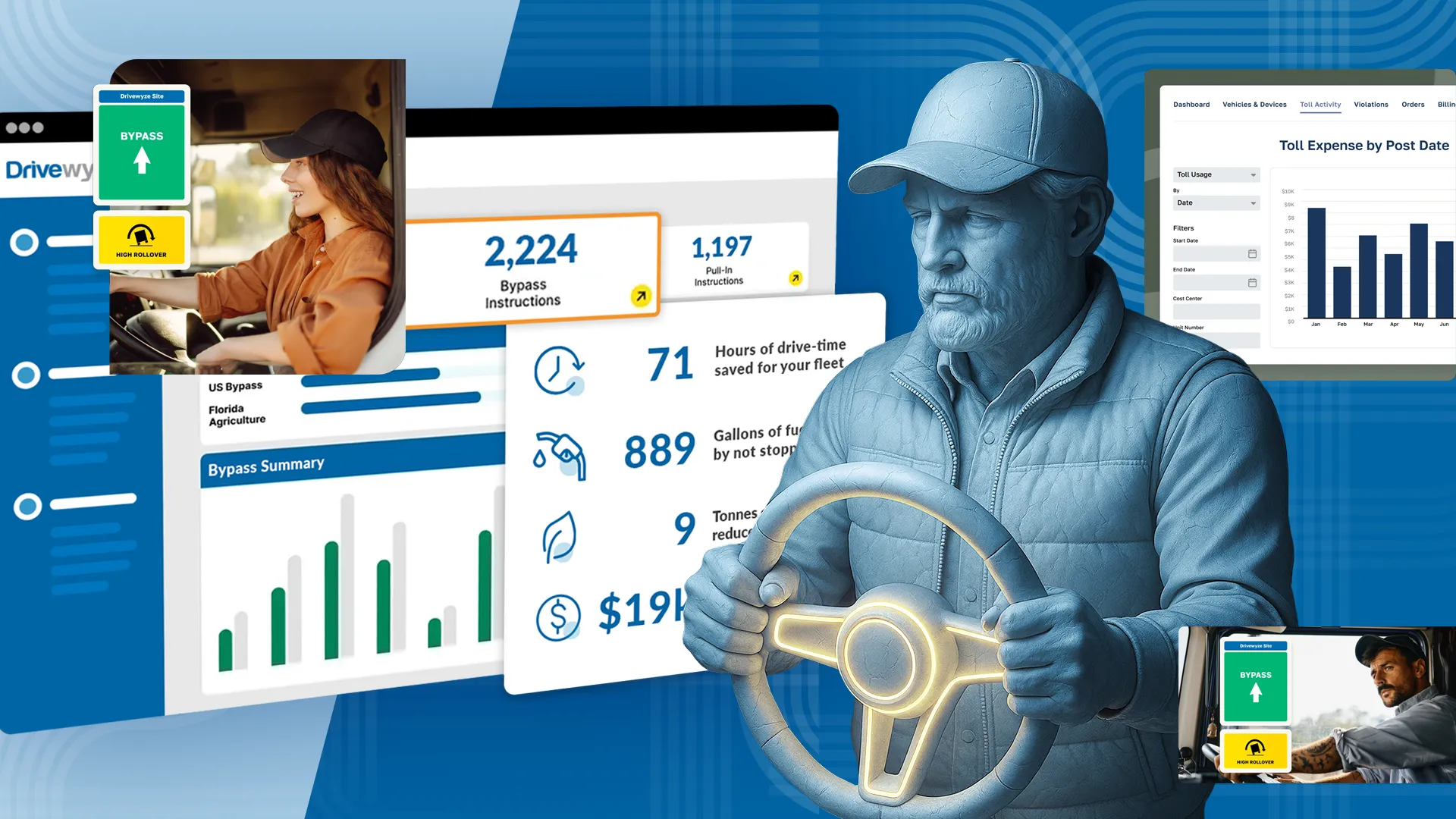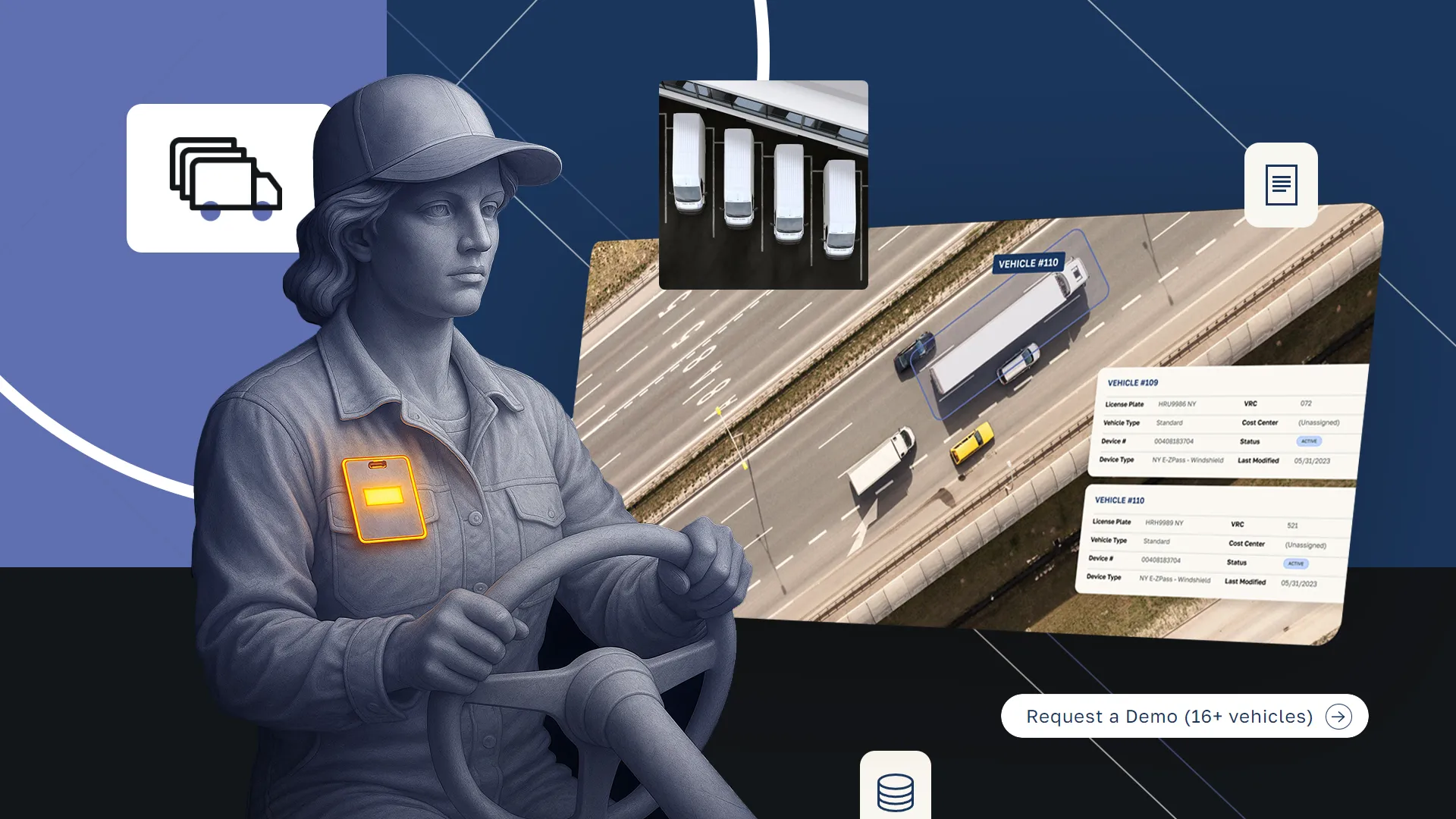Logistics has evolved from ancient trade routes to today’s hyperconnected supply chains. With the rise of e-commerce, global shipping, and just-in-time delivery, logistics now depends on intelligent digital systems to coordinate movement, track assets in real time, and meet rising customer expectations.
In this environment, technology is no longer a support function, but its backbone in modern logistics. That’s why partnering with a technology provider who truly understands the industry and its unique challenges can be the difference between keeping pace and leading the market.
usual challenges
Disconnected systems
Many logistics companies still operate with fragmented tools across warehousing, shipping, and customer service. Without centralized data and proper integrations, delays, errors, and limited visibility ripple across the supply chain, hurting both efficiency and customer satisfaction.
Legacy infrastructure
Distribution centers and warehouses often rely on outdated tech. Integrating modern software with older equipment and processes can be difficult, especially without disrupting operations.
Real-time needs
From traffic conditions to customs clearance, logistics requires real-time data processing and instant reactions. Without smart automation, predictive analytics, and responsive interfaces, complexity can quickly spiral into bottlenecks and missed deadlines.
Outdated operations
Many logistics operations still depend on spreadsheets, paperwork, and outdated processes. Transitioning to modern logistics platforms requires careful planning to avoid downtime, disruptions, and expensive retraining, but it’s essential for scalability and competitiveness.
what it takes to
build for logistics
We believe great logistics products come from understanding every moving part: from drivers to dispatchers, to systems that talk to each other. Building for logistics requires not just technical expertise, but a deep understanding of supply chains, real-time operations, and scalability. With the right mix of automation, AI, and system integrations, companies can streamline workflows, improve visibility, and deliver faster, more reliable services across the entire logistics network.
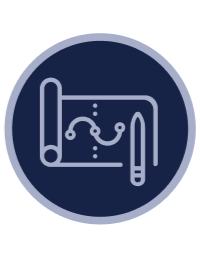
Scalable solutions
Technology that grows with your operation, and not against it.
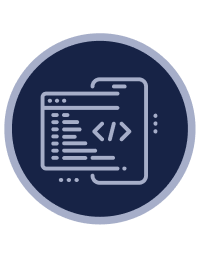
Built for integration
APIs, ERPs, legacy systems: the dots need to be connected.
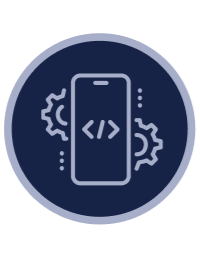
Field-tested Experience
Interfaces designed for speed, clarity, and real-world conditions.
What we’ve helped build
Over the years, we've worked with logistics tech startups, freight companies, and fulfillment platforms to bring digital ideas to life. From tracking dashboards to warehouse tools and delivery apps, we’ve helped improve how goods move across the world. The examples below demonstrate how our logistics technology solutions address complex supply chain challenges, enhance operational efficiency, and empower teams to focus on moving goods while we power the technology behind it.
so how did we help?
Each collaboration looked a bit different, because no two logistics projects are the same. In some cases, it was about supporting an internal team through staff augmentation. In others, it was building a new product from the ground up, maintaining and evolving existing platforms, or helping drive digital transformation across an organization. In every project, we tailor our logistics technology solutions to optimize supply chains, improve visibility, and accelerate operations.
Why choose Kubikware?
At Kubikware, we believe logistics deserves seamless, intelligent technology. It’s an industry where precision, speed, and clarity are everything. More than just a provider, we act as a strategic tech partner, enabling logistics teams to optimize supply chains, improve visibility, and accelerate operations.
Our nearshore teams work in the same time zone, with excellent English skills and a client-facing approach, ensuring smooth communication and collaboration. Whether you need staff augmentation to expand your team quickly, end-to-end product development for custom logistics solutions, digital transformation initiatives to modernize systems, or maintenance retainers for long-term support, we tailor our approach to your specific goals and workflows.
We’re excited by the challenge of solving real-world movement with smart, human-centered systems. If you’re building something in logistics — or planning to — let’s talk.
Nearshore staff augmentation means extending your team with skilled developers who work in similar time zones, ensuring smooth communication and collaboration. For logistics companies, this helps scale quickly for projects like fleet management systems, tracking dashboards, or warehouse automation, without communication barriers or the delays of hiring.
Nearshore teams share overlapping time zones and cultural alignment, which makes real-time collaboration easier. In logistics—where delays or miscommunication can directly impact operations—this translates into faster delivery, fewer errors, and more reliable solutions.
Yes. We specialize in building custom logistics platforms, integrating CRMs, ERPs, and third-party APIs, and creating tools for real-time visibility across supply chains. From last-mile delivery apps to predictive analytics dashboards, our solutions are tailored to logistics workflows.
Absolutely. We help modernize legacy systems without disrupting ongoing operations, ensuring better scalability, automation, and compatibility with today’s tools and hardware.
We work with organizations of all sizes—from global freight companies to regional warehouses and logistics startups. Whether you’re managing a fleet of thousands or just getting started with fulfillment software, we adapt our approach to fit your needs and growth stage.
Yes. We build systems that connect with IoT devices, GPS trackers, traffic APIs, and customs platforms to provide real-time visibility. This helps logistics teams predict delays, reroute shipments, and make data-driven decisions on the fly.
Beyond our technical skills, we bring deep logistics industry knowledge. We understand supply chains, real-time data flows, compliance requirements, and operational bottlenecks. This means we don’t just build software. We create solutions that work in the real world of logistics.


